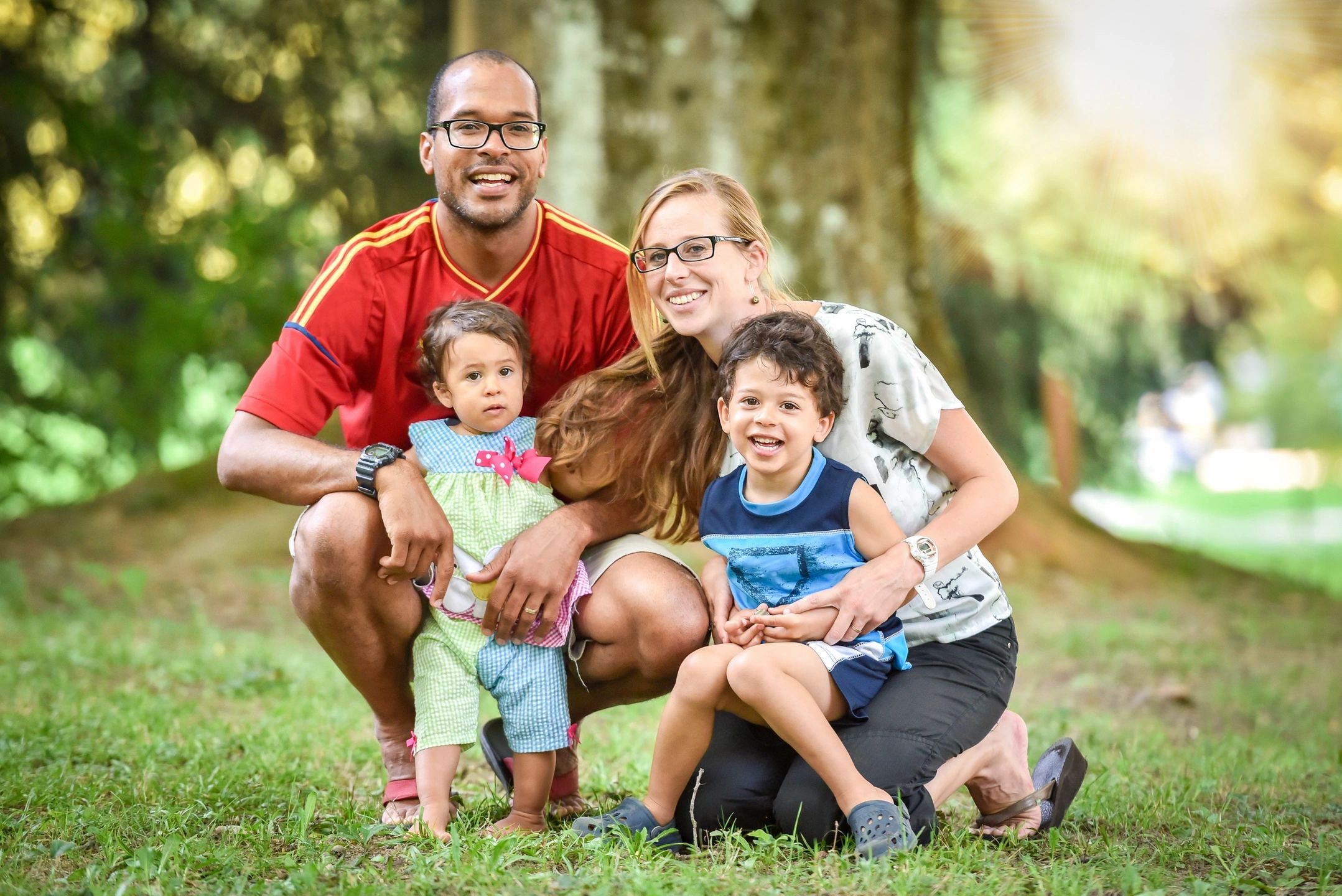Starting a family and raising a child can be one of life’s greatest joys. Adoption is a great way to expand a family when a couple does not want to or cannot conceive naturally. The process of adoption and then speaking to your child about adoption can bring up many difficult emotions for the both of you. Today we will explore some mental health effects of adoption on the family and what to do about it.
First, let’s explore some of the common mental health concerns that arise among adoptive children and their families.
Guilt, Depression, and Anxiety
Once people are aware they have been adopted, feelings of shame or guilt may arise. Thoughts such as “Why was I given up” or “I wasn’t good enough for my real parents” may pop into their heads. A child could be incredibly loved at home but still think about what could have been.
As a parent, feelings of guilt can also be prevalent. Nobody wants to bring their child suffering. Watching your child potentially experience mental health issues in general or related to the adoption is so difficult.
Those emotions can become so intense, it turns into an anxiety or depressive disorder. Worthlessness or sadness can creep into someone’s life to the point where it needs to be addressed professionally.
Post Traumatic Stress Disorder (PTSD)
Sometimes children are adopted out of a household where abuse or neglect was present. In the past, children were separated from their siblings when placed into foster care. The symptoms of trauma do not just go away once someone has been removed from the traumatic environment. While not every adoptee will experience this, pay attention to if your child is having symptoms such as nightmares. Our brains become rewired, making it nearly impossible to deal with those symptoms alone.
Identity Conflict
These types of issues can be more frequent for transracial adoptees. People of color have to deal with the realities of racism and feeling like an outsider their whole lives. This is an isolating experience and can be exacerbated if they are the only person of their race in the family.
How to talk to your Child about being Adopted
Some adopted children have no desire to explore their identity or any ill-will about being adopted. However, many children are likely to experience some sort of negativity about themselves or the world. Your child may come to you with some of these difficult thoughts and emotions. As a parent of an adopted child, it may be difficult to know how to navigate situations like these. At the end of the day, there is not one correct way to go about talking to your family about the reality and (potential) unknowns of being adopted. You know your situation and child best!
But, as a mental health professional who has experience working with adopted children and their families, here are a few tips to help the process in talking to your child.
- Let your child know that whatever they are feeling is okay. It is also okay to not have all the answers if they have a lot of questions. Acknowledging their curiosity and saying you don’t know is sometimes all you can do. As long as you meet them with love and support, you are doing your best.
- Be open to talking about the adoption with your child. This can look different depending on their age and understanding level. Answer any questions your child may have regarding their adoption in an age-appropriate way. Lying or trying to hide an adoption may backfire, leading to resentment towards you and increased feelings of shame. Rather, try reframing adoption as an opportunity to give someone a better life rather than thinking of it as being abandoned.
- Some children may attempt to find their birth family. If your child is old enough to do this and understands its (positive and negative) consequences, it is important to support their efforts as they may feel like they are missing a piece of themselves. This encouragement can include giving them more information about the adoption itself or talking to them about their plans.
- If you did adopt a child of a different race, getting educated and passing that along to your child as they grow up is a good way of incorporating their ethnicity into their lives. Perhaps finding a local group in your community or eating at restaurants with their country’s food are easy ways to ease into it. This can make the adopted child feel more accepted for who they are, and learning together is something for you all to bond over as a family.
All in all, displaying a willingness to talk and an open mind is key to making them feel less alone in their experience.
We are here to help
Dealing with the struggles of adoption are much easier said than done. If any of these themes applied to you as an adoptee or adoptive parent, consider reaching out to Water’s Edge Counseling for therapy. We have licensed counselors that can help you navigate the stressors of life. Please call 912-319-5552 to speak to our Client Care Coordinator and get your first session scheduled.



